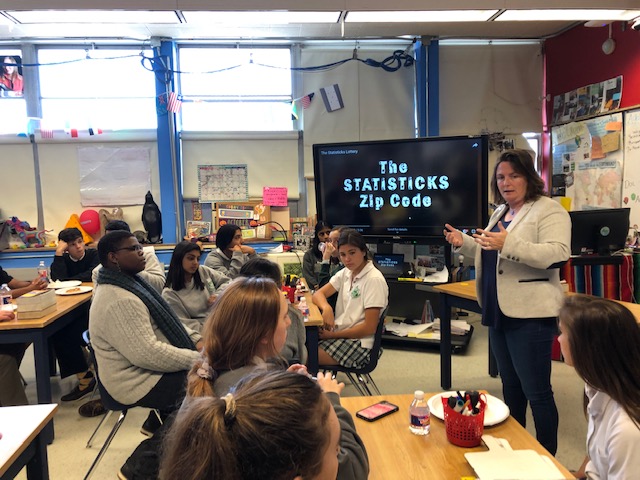Lipstick and Ledgers
It can be perceived that women have historically been pushed out of the financial world. However, that notion is a bit of a misconception. If we look at ancient civilizations, such as Ancient Egypt, Ancient Greece, and Ancient Rome, we will find the evidence to prove the historical financial power of women.
According to Janet Johnson, a professor of Egyptology in the Oriental Institute at the University of Chicago, in Ancient Egypt, women held equal financial rights with men. They had the ability to acquire and own property in their own name, they could enter contracts in their name, they could initiate civil court cases, and they could do much more.
In Ancient Greece, women’s financial rights were constrained compared to earlier societies. However, they still had the ability to trade and engage in industry.
Later, women regained their right to own property in Ancient Rome. They also retained the right to engage in the industry as well as go to court for different issues.
Historically, women have had a place in finance. It was not until after the 1100s in England, that women’s rights in the financial world began to deteriorate, creating many of the oppressive conditions that are often thought of today.
Recently, women have made significant progress in the field of finance, moving beyond their historical financial roles, yet there’s still room for further advancement.
According to a 2019 report by Deloitte Center for Financial Services, 46% of employees in the finance sector are women – a vast improvement from previous statistics – but there’s still not complete equality in the workplace. The same report states that while women make up almost half of financial employees, women only hold around 15% of executive roles. This is partially because women often face stereotypes in the workplace that allow their bosses to deem them unpromotable.
“When women are not persistent [after getting their stock pitch rejected], it’s interpreted as evidence that they are a bad fit for the role, whereas the same behavior by men is attributed to contextual factors,” said Blake Steenhoven, an assistant professor at Smith School of Business, explaining the results of a study done by Cornell and Queens University. This ultimately influences their reputation and perceived work ethic when being considered for a promotion.”
However, this stereotype—that women are less diligent and talented than male colleagues—is proven to be unfounded. According to an article by HEC Paris, a prominent leader in research in management sciences, private equity teams that have at least one female contributor outperform the all-male teams in every performance indicator available.
“Believing in the limitless potential of girls,”
Hockaday aims to empower girls to excel in any field of their choosing—including finance. Classes such as Financial Literacy and Breaking the Glass Ceiling allow students to both explore potential careers in the financial world and learn valuable skills to be financially independent, no matter their occupation.
Financial Literacy, taught by Kristen Blevins, aims to improve students’ understanding of vital monetary skills and processes such as filing taxes, being in debt, keeping track of spending, and buying a home.
“What I’m trying to do is make sure that [my students] can figure out their own financial decisions after high school,” Blevins said.
Breaking the Class Ceiling, a class about business and economics, addresses finance in a more corporate fashion, also touching on the potential inequity women will face in this field.
“One thing we do talk about is how it can be more difficult for women to get investors…there are definitely stereotypes with women and how they can handle money,” Emily Mosley, one of the class teachers, said.
To help prepare students for potentially pitching ideas to investors, the class has a cumulative project in which students design a business, culminating in a final presentation in front of investors.
As the Chief Financial Officer, Katie Leto has worked at Hockaday for four years and has been in finance since graduating college.
Leto’s main love for accounting comes from understanding what money can do as a tool and how it works, so that she can find ways to make a bigger impact. She said that her role in finance allows her to be creative and be thoughtful in a space where women are seen more in these roles.
While in college, Leto found a disparity between the number of men versus the number of women in the financial spaces, and a lot of her friends ended up dropping. However, Leto believes her competitive nature and overall confidence aided in keeping her voice strong and not allowing it to be drowned out.
“You need to be confident in being confident and even more confident in what you don’t know,” she said.
Leto firmly believes being able to make mistakes and ask questions is integral to growing in any space, including finance.
“Be the person who is asking the questions and who is getting it wrong because ultimately the goal is to learn.”





